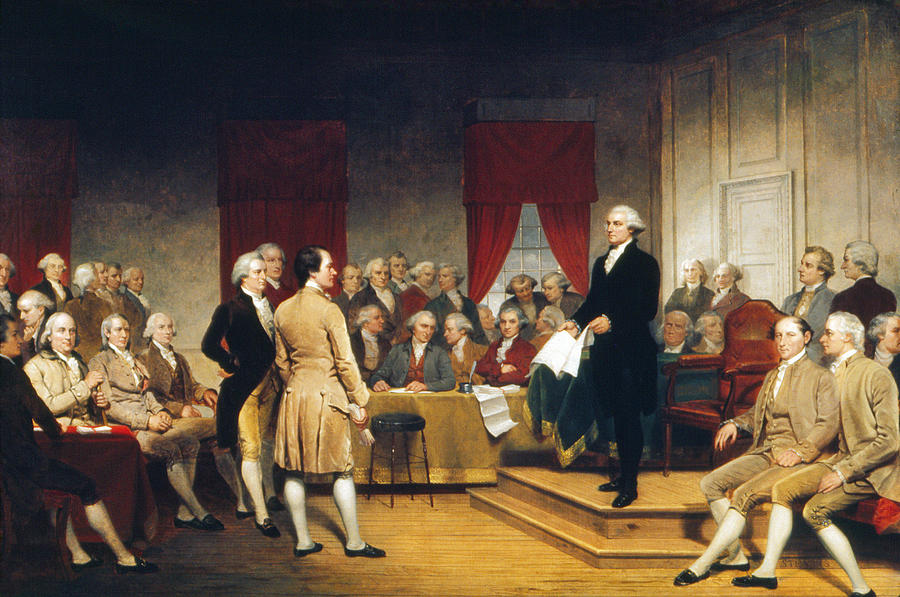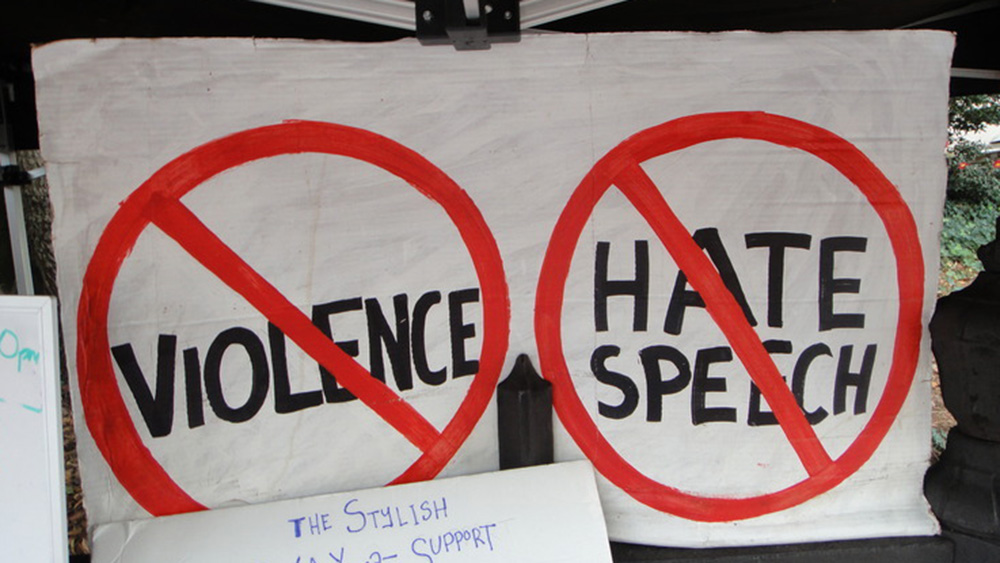What happens when reason is replaced with rage?
At the end of the eighteenth century, both America and France had revolutions to change the status quo. Both revolutions replaced a monarchy. In the United States, we severed our union with King George III, of Great Britain. The French chose to redefine the monarchy of King Louis XVI. Our revolt was spurred, in part, because of dissatisfaction with British taxation, without having a voice in Parliament. The French were in the middle of failed economic policies by the monarchy, but more importantly, there were famines, droughts, inflation, and taxation of the poor, but not the privileged class.
The paths our countries took after the revolution reflect two radically different approaches. Our revolutions took place at the last stages of the “Age of Enlightenment” or the “Age of Reason” where science became a central idea among the intellectual community and theorists in Philosophy and Political Science began to write on how governments should serve the people, and how all ideas should be questioned and resolved towards a common good. Our political leaders, schooled in these ideals applied themselves to creating a government to serve the people, provide for general prosperity, and provide for a common defense. But they knew a government unchecked would eventually grow to be a self-serving institution. To help prevent, or at least slow this process, they ensured there were a series of rational checks and balances to the power of a single branch.
France, on the other hand, seemed to reject the very concepts of "Reason" we found so inviting. As the revolution evolved, it moved from reason to madness. Initially, the revolution sought to limit the authority of the monarchy (roughly similar to what the British had done with the Magna Carta), increase the power of the third estate (the middle class) limit the power of the clergy and the nobility. But as time went on and discontent with the progress grew there came an insurgent movement by the Jacobins and the peasants against the landowners. In the end, the revolution and its counter-revolution resulted in the execution of the King, Queen, a lot of nobility, and anyone the revolutionists in power thought deserved to die. It was the Age of the Guillotine. From the ruin of the revolution, Napoleonian Bonaparte rose to create his first empire.
Why the difference. Both started with the progressive philosophies of the day, why did one end with an outcome that led to successful self-governance, while the other replaced a King with an Emperor?
Perhaps it is what we see in our urban areas today. We have the rich, the powerful, and those who depend on the rich and powerful for their survival. We can speculate as to the cause of this, but are we developing a class of citizens incapable of reason and who seek only their own interests? While those in power seek to remain in power by responding to the emotional demands of those who cannot see self-interest is, in the end, destructive?
Those who control the power of the state, and their allies who benefit from the largess of those in power, seek to keep the third estate powerless and in chaos so it cannot rise to challenge the power of the first and second. What better way than to ensure there is sufficient rage amongst those who refuse to see a different path? But what happens, when there are shortages as there were in France. When shelves are bare, energy expensive, and working no longer offers hope of a better life. Will the elite suggest when there is no bread, we should eat cake?




